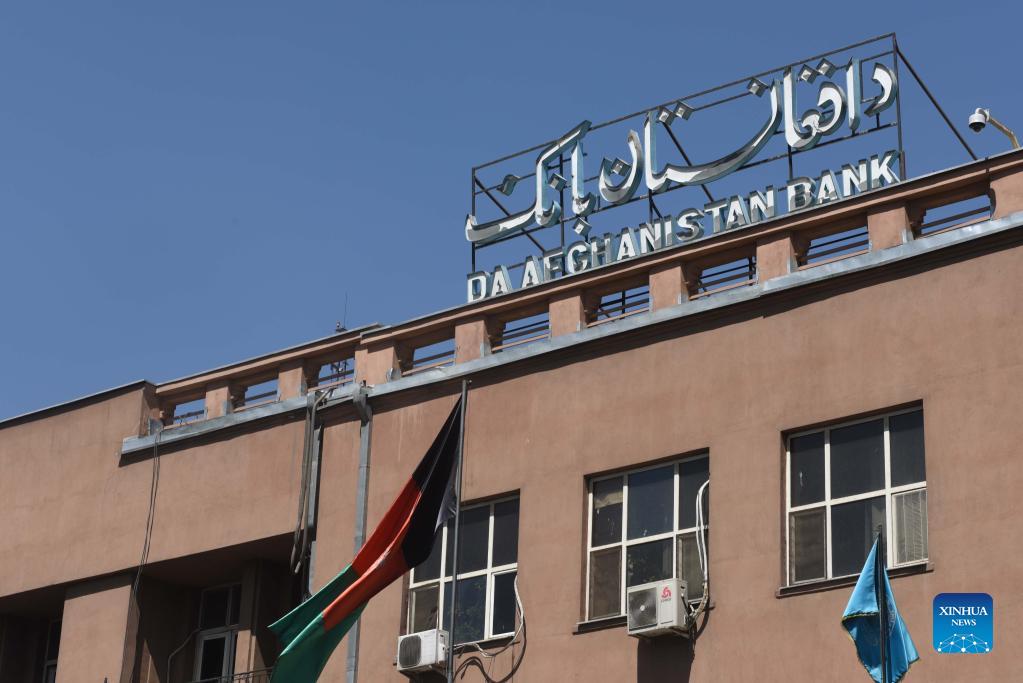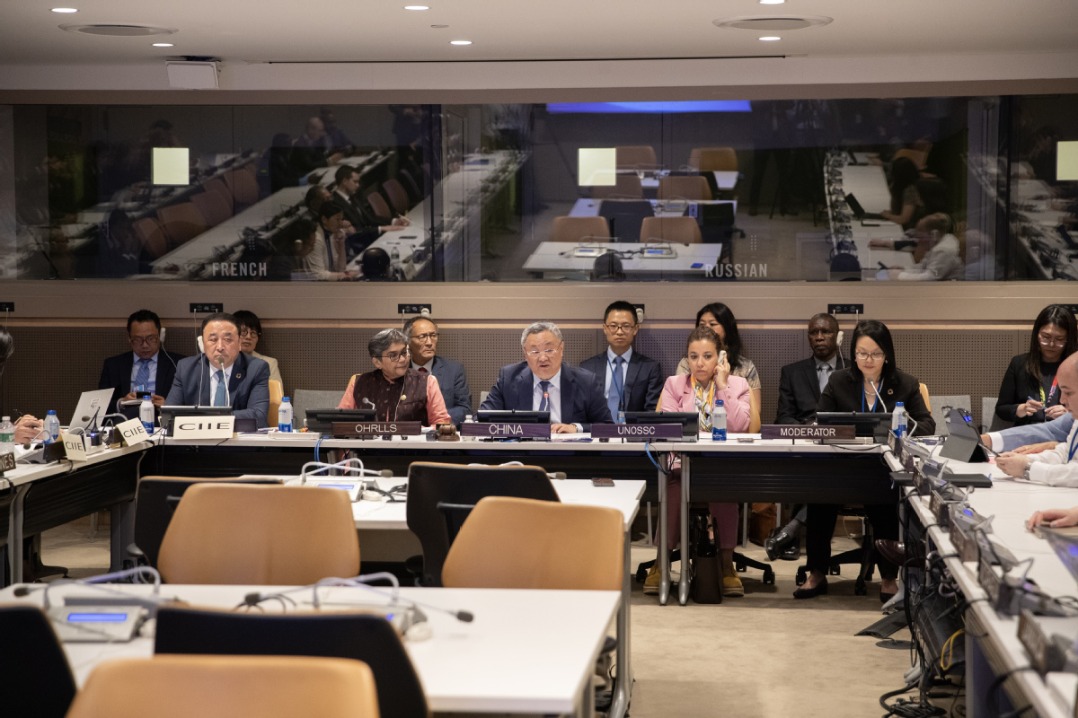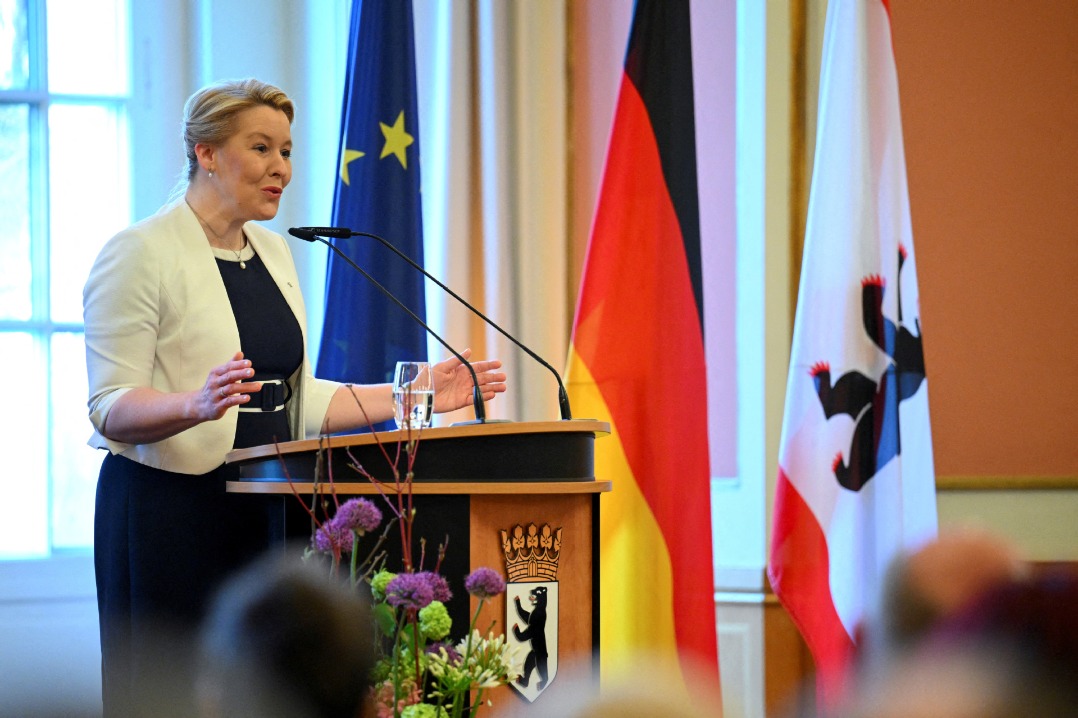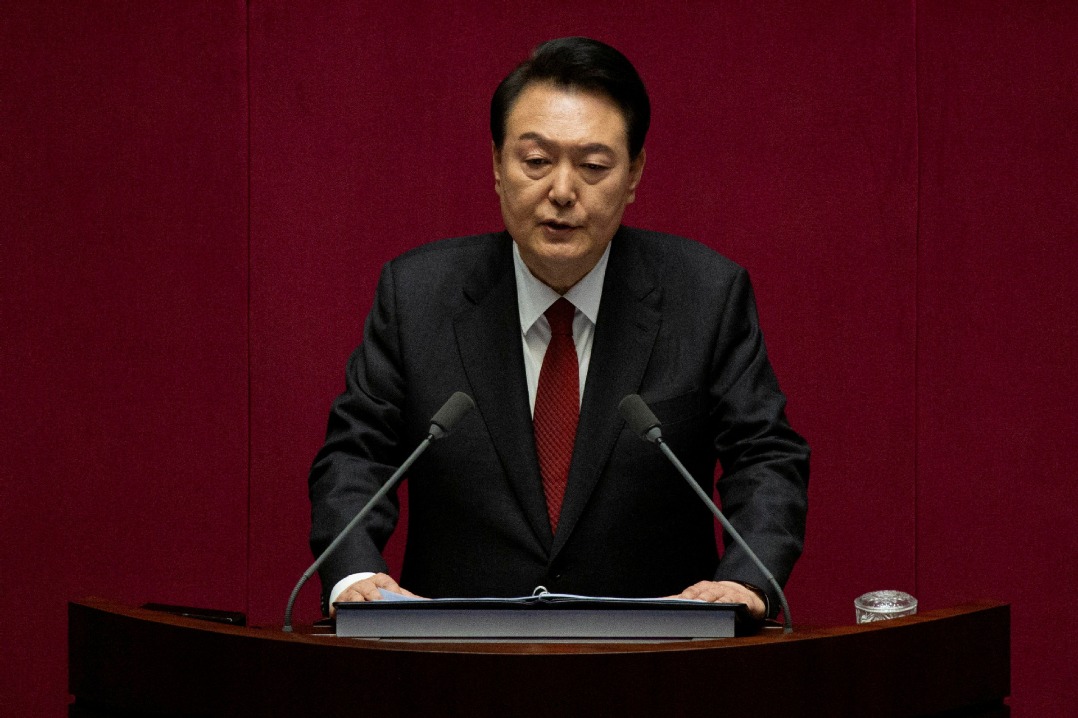Afghanistan calls on US to release frozen assets to its people


Afghanistan's money belongs to its people and only they have the right to decide how to use it, Afghan government officials and analysts said, while calling on the United States to release the frozen assets of Afghanistan's central bank to the Afghans in need.
It is incorrect to say any asset of Afghanistan's central bank is part of the "aid" from another country to the Afghan people, they said.
The Special Inspector General for Afghanistan Reconstruction, or SIGAR, of the US, in its latest report released on May 3, showed the US has "appropriated or otherwise made available $17.19 billion in assistance to Afghanistan and to Afghan refugees", since the withdrawal of US troops in August 2021, reported Tolo News, an Afghan news channel and broadcaster from Kabul.
SIGAR said the funds include humanitarian assistance to Afghanistan and money for relocating and resettling Afghans who have previously served the US government.
As part of the total amount of $17.19 billion, $3.5 billion in assets were "transferred from Afghanistan's central bank to the Afghan people or the Afghanistan Resilience Trust Fund", it said.
However, Taliban spokesman Zabihullah Mujahid said: "The money of the people of Afghanistan, which has been seized and belongs to Afghanistan, and can never be considered as a favor by anyone and has not yet been made accessible to the Afghan people, should be freed as soon as possible."
'Great injustice'
Amina Khan, director of the Centre for Afghanistan, Middle East and Africa at the Institute of Strategic Studies Islamabad, said that moving $3.5 billion from the central bank of Afghanistan to the "trust fund" as part of the $17.19 billion in 2022 is "a great injustice to the people of Afghanistan".
She said this is primarily because the relocation is wrong in the first place and how this money should be spent is the prerogative of the Afghan people.
The fact that an amount "has been diverted on the evacuation, resettlement, and hosting of certain Afghan refugees in the US is disingenuous as resettlement is the responsibility of the US", she noted.
According to her, looking at the trajectory of past decisions, one does not expect a drastic change in stance from the US on this matter.
"Regardless, a thorough revisit of the current policy (of the US), particularly the issue of Afghan funds, needs to be looked into," Khan added.
In the wake of the withdrawal of the US-led forces from Afghanistan, the White House froze the overseas assets of Afghanistan's central bank, worth more than $7 billion, and later claimed to be allocating part of the sum to the US victims of the 9/11 attack, according to Xinhua News Agency.
US President Joe Biden said earlier this year that Afghanistan's foreign reserves would remain frozen beyond Feb 11, 2024.
Moiz Farooq, the executive editor of Pakistan Economic Net and Daily Ittehad Media Group, said the freezing of Afghan assets, coupled with the move of transferring $3.5 billion to a special fund creates additional uncertainty for Afghanistan's financial system.
He said the restrictions on these funds risk further crippling an economy already struggling to sustain vital public services, import essential goods, and maintain currency stability.
"This, in turn, could exacerbate the humanitarian crisis affecting millions of Afghans and further destabilize the region."
UN officials have also called for the release of the frozen assets back to the Afghans on various occasions.
vivienxu@chinadailyapac.com



































